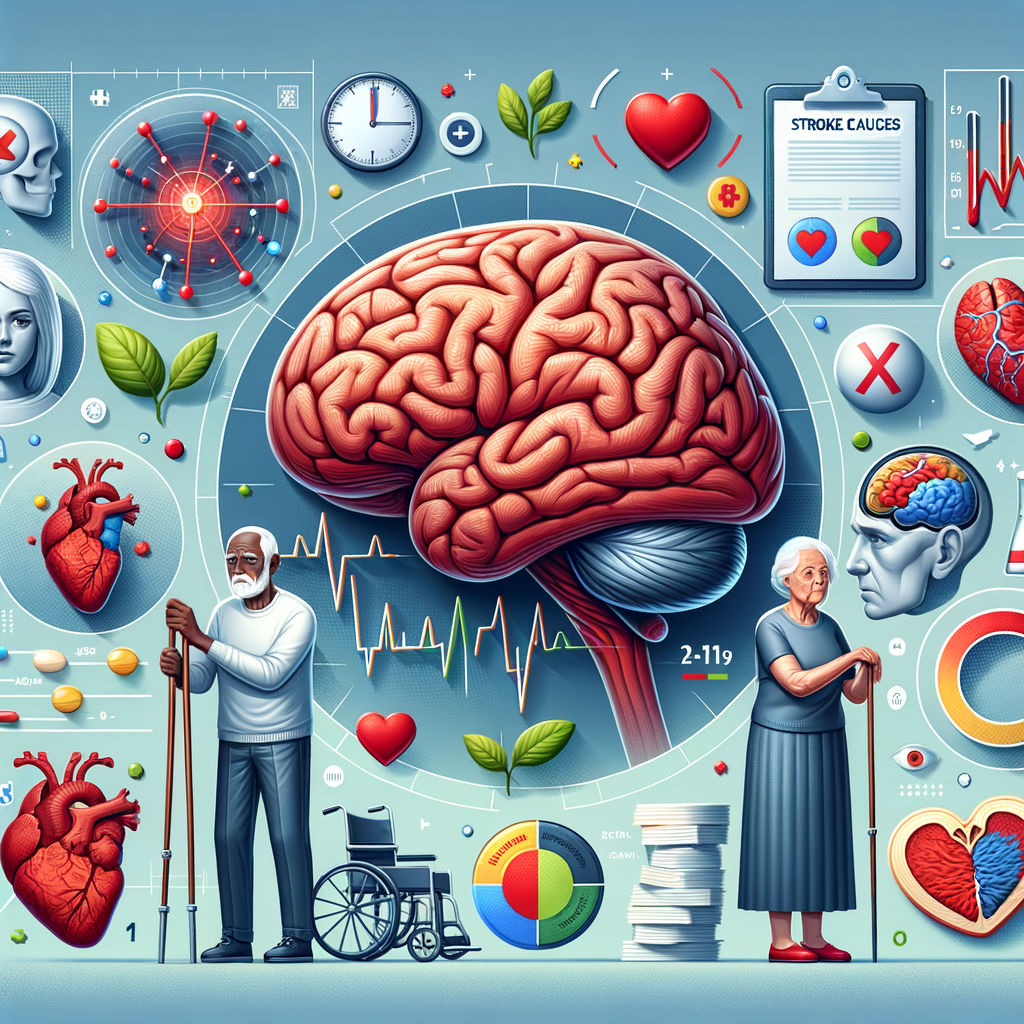Natural Remedies and Dietary Approaches to Combat Stroke
Stroke remains one of the most significant health challenges in modern society, demanding our attention on both preventive and recovery strategies. While conventional medical treatments play a crucial role, many patients and healthcare professionals alike have shown interest in natural remedies, vitamins, supplements, and dietary modifications that may support stroke prevention and recovery. This comprehensive guide provides an in-depth look at these methods and their potential benefits.
Understanding Stroke
A stroke occurs when blood flow to a part of the brain is interrupted, either due to a blockage (ischemic stroke) or bleeding (hemorrhagic stroke). The severity of a stroke can lead to various complications and may require extensive rehabilitation. Therefore, understanding the strategic use of natural remedies and dietary choices becomes imperative.
Natural Remedies that Support Stroke Recovery
There exists a variety of natural remedies that have been linked to improved recovery and prevention outcomes for stroke patients:
- Turmeric: Contains curcumin, which has anti-inflammatory and antioxidant properties that may protect brain health.
- Ginkgo Biloba: May improve blood flow and protect nerve cells due to its potential ability to enhance circulation.
- Garlic: Known for its ability to lower blood pressure and cholesterol levels.
Important Vitamins and Supplements
Incorporating essential vitamins and supplements can significantly aid in the prevention of strokes and contribute to recovery:
- Omega-3 Fatty Acids: Found in fish oil, these help in reducing inflammation and may lower the risk of ischemic strokes.
- Vitamin D: A deficiency in this vitamin has been linked to increased risk of strokes. Adequate levels ensure proper brain function.
- B Vitamins: Particularly B6, B12, and Folate are essential for reducing homocysteine levels, which can damage blood vessels.
The Role of Food and Diet
Diet is perhaps one of the most significant factors influencing stroke risk. Emphasizing a diet rich in:
- Fruits and Vegetables: These are loaded with antioxidants and fibers. Dietary patterns such as the Mediterranean diet, rich in these foods, have shown lower stroke incidence.
- Whole Grains: Foods such as oats, quinoa, and brown rice help maintain heart health and lower cholesterol levels.
- Nuts and Seeds: Packed with healthy fats, these can help lower inflammation and improve cholesterol profiles.
Specific Dietary Plans
The following dietary approaches are particularly effective in combatting stroke risks:
- The DASH Diet (Dietary Approaches to Stop Hypertension): Focuses on reducing sodium intake while emphasizing fruits, vegetables, and low-fat dairy.
- The Mediterranean Diet: Based on traditional cuisines from countries bordering the Mediterranean Sea, this diet is rich in fruits, vegetables, whole grains, fish, and healthy fats.
Final Thoughts
While natural remedies, vitamins, and dietary choices can play a supportive role in the prevention and recovery of strokes, it is crucial to consult healthcare professionals before adopting any new health regimen. Each individual’s situation varies, and a tailored approach will yield the best results. This combined knowledge empowers individuals to take proactive steps towards better brain health and stroke prevention.
By embracing these natural remedies and dietary strategies, one can forge a path toward improved health and resilience against stroke.
There you have it… See what works for you…
Campbell M Gold
To Create Health, Wealth, Success, and Longevity through the Power of Your Subconscious Mind, Visit: Campbell M Gold.com
Visit The Store and see what else can be of help



